Good Friday ends in darkness and despair. But Easter is glorious. It gives us new hope. It gives us new meaning to our existence. It speaks of the victory of Christ against sin and death. Yet, Easter is different this year because of the COVID-19 pandemic. For many of us who may be accustomed to Easter celebration, drama production, large-scale evangelistic campaigns, this year’s celebration certainly seems less triumphal, celebratory, and glorious.
However, if we go back to the first Easter, things seem less glorious too. In John 20 there seems to be no sense of rejoicing. No one shouted: “Christ is Risen!”, and no one replied: “He is risen indeed.” All the disciples were in hiding. They had their own Movement Control Order (MCO), practised social distancing, and locked the door for the fear of the Jewish leaders (John 20:19). They imposed on themselves some measure of self-quarantine. They were full of fear, anxiety, and worry.
There was hardly any victorious celebration on the first two Easter Sundays according to the narrative in John 20. Although Jesus had already appeared twice to the disciples, there was fear, anxiety, worry, and doubt. All they did was to go into hiding for a whole week. They had their self-imposed lockdown. No one proclaimed, “Jesus is risen” despite Jesus appearing twice to them.
| Moving to John 21, the disciples came out from hiding in Jerusalem and travelled to Galilee. Yet, there was no sense of rejoicing and celebration. Instead, there seems to be a sense of loss and confusion among the disciples. Peter and six other disciples decided to go back fishing. There are many speculative reasons as to why they did so. Some suggest that they were disillusioned. Others suggest that they were at a loss as to what to do next. Still others suggest that they were confused by recent events surrounding the crucifixion and resurrection of Jesus. Whatever the reasons, the fishing trip turned out to be a fruitless effort. It was not until Jesus appeared for the third time (John 21:14) to the disciples and directed them to cast the net on the other side that they had a full net of fish. |
| Jesus then invited the disciple to have breakfast with him, with ikan bakar and roti bakar as the menu (John 21:9). After breakfast, we read a moving account of the restoration and recommissioning of Peter after he came to terms with his own failure. Three times Jesus asked Peter, “Do you love me?” and three times Peter answered in the affirmative (John 21:15-17). Even though Peter had earlier denied Jesus three times, deep within, he still loved the Lord dearly. Jesus then recommissioned Peter by reminding him his calling: “Feed my lambs… Tend my sheep… Feed my sheep…” (John 21:15, 16, 17). |
| After this, Jesus issued a final call to Peter: “Follow me” (John 21:19, 22). This is probably the most significant moment for Peter. Notice that these are the very same words used by Jesus in his initial calling of Peter and the other fishermen to leave their nets by the Sea of Galilee (Mark 1:16-18; Matthew 4:18-20). These disciples did so immediately. But after a series of failures to understand his mission and ministry at Caesarea Philippi (see Chapter 13), Jesus issued the second call to the disciples, including Peter, to deny themselves and take up their cross and “follow me” (Mark 8:34; Matthew 16:24; Luke 9:23). After the resurrection of the Lord, Jesus restored Peter by issuing the third call to discipleship by the Sea of Galilee: “Follow me” (John 21:19, 22). Peter took this third call to discipleship seriously. After Pentecost, Peter became one of the pillars of the church in Jerusalem. Years later, he wrote a letter to a group of persecuted Christians located what is now known as modern Turkey. He reminded them: |
In exhorting the leaders of persecuted Church in Pontus, Galatia, Cappadocia, Asia, and Bithynia, Peter reminds them the the words of Jesus to him: “Follow me. Feed my lambs. Tend my sheep. Feed my sheep.”
Peter remained faithful to his calling till his martyrdom in the 60s CE. According to the early church tradition, Peter was crucified on the cross upside-down with his head down on the ground and feet raised on high, asserting that he was not worthy to be crucified in the same manner as his Lord.
Like the disciples, we may be at the crossroads of our lives, feeling lost and not knowing the next step we should take. We may be confused by recent events we have encountered. We may be worried about the post-COVID-19 aftermath. Some of us may be concerned with our business, employment, and our financial cash flow. In moments of frustration, disappointment, and discouragement, we may choose to go our own way and do things according to our own strength and effort. Some of us may have gone back “fishing” because it is the only thing we know what to do. Despite our failures, Jesus wants to reinstate and restore us to serve him. Easter gives us hope.
Like the disciples, in moments like these, it is time to accept the invitation of our Lord to have breakfast with him (John 21:12). It is time to renew our strength in his presence. It is time to sit at his feet again to hear his voice and guidance so that we can be his effective servants: “Feed my lambs… Tend my sheep… Feed my sheep… Follow me” (John 21:15, 16, 17, 19).
This year’s Easter may be a bit quiet, and is certainly very different from what we may have been used to. Nevertheless, as we remember the confusion, the sense of loss, and the anxiety and fear of the disciples on the first Easter, may we be reminded that Easter is a new beginning and it gives us hope. May we be renewed on this Easter day. May we be reminded afresh why we follow Jesus. May we hear afresh his calling once again: “Follow me.” And most importantly, let us not forget to have breakfast with the resurrected Jesus – he is waiting for us.
Christ is risen. He is risen indeed. Hallelujah.
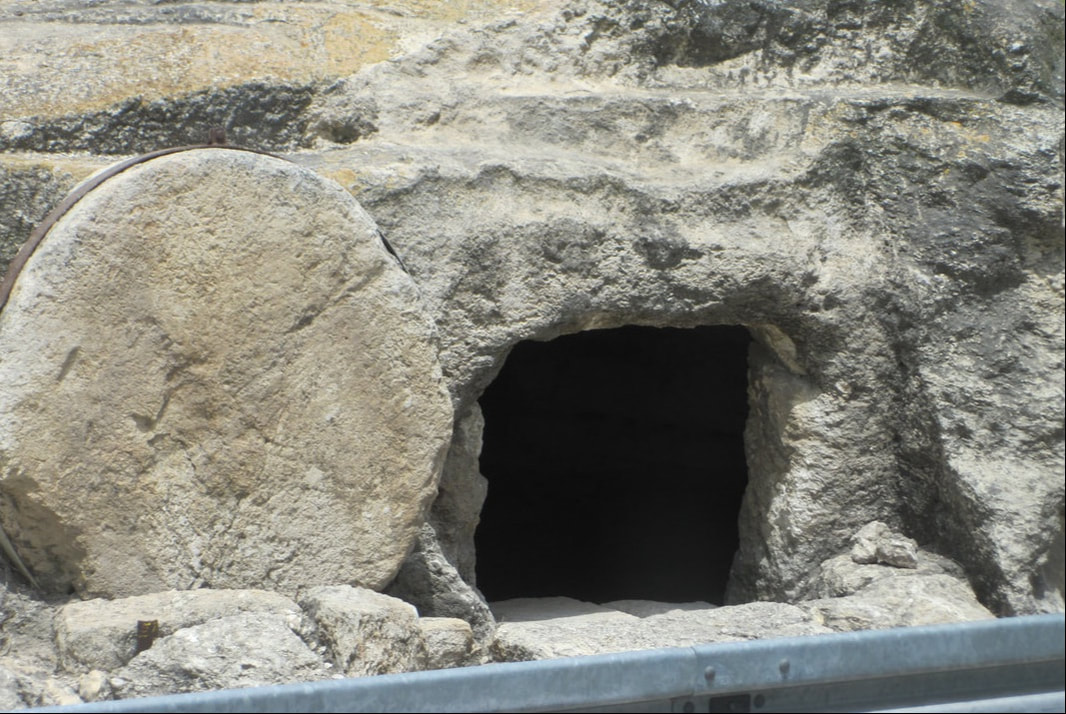
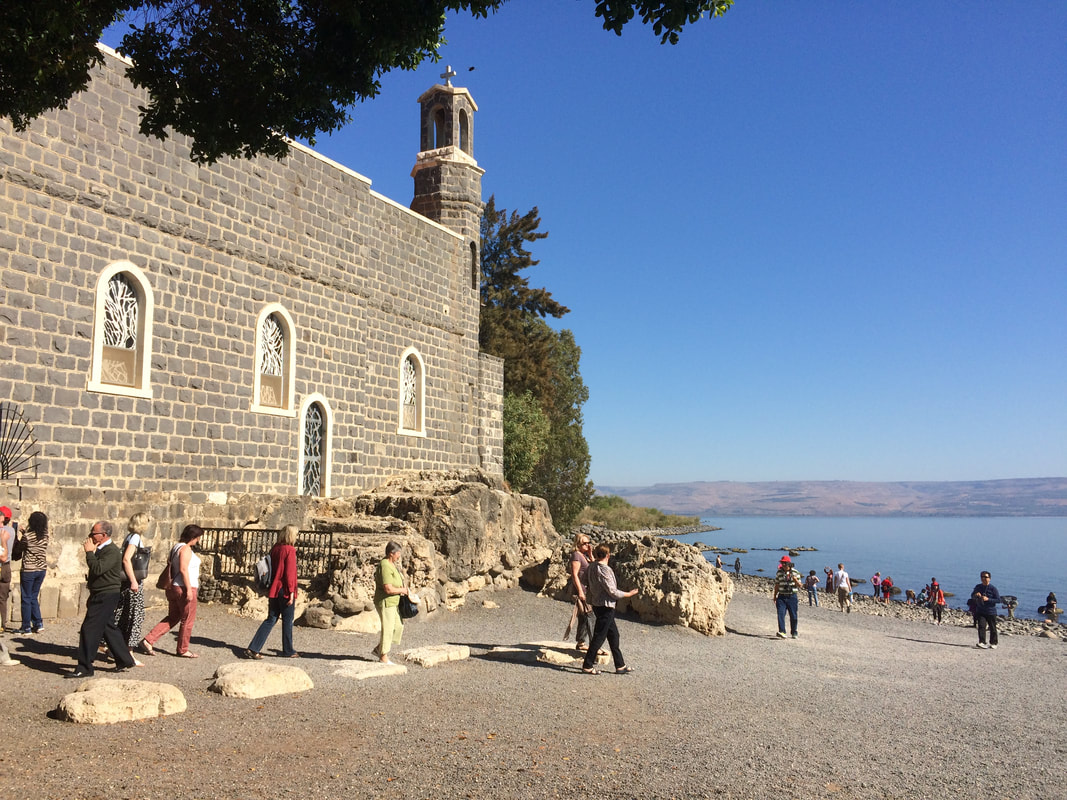
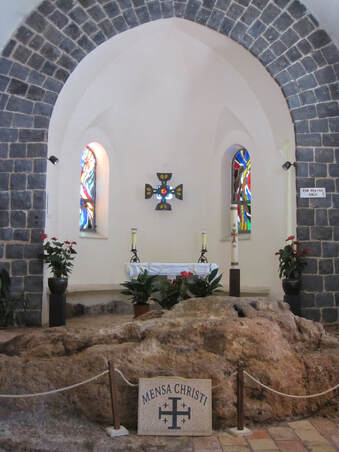
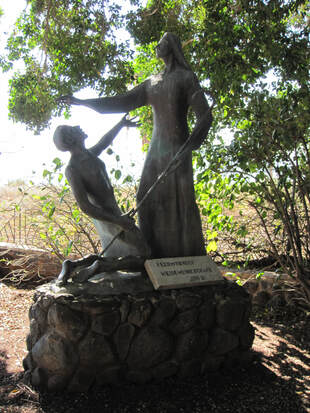
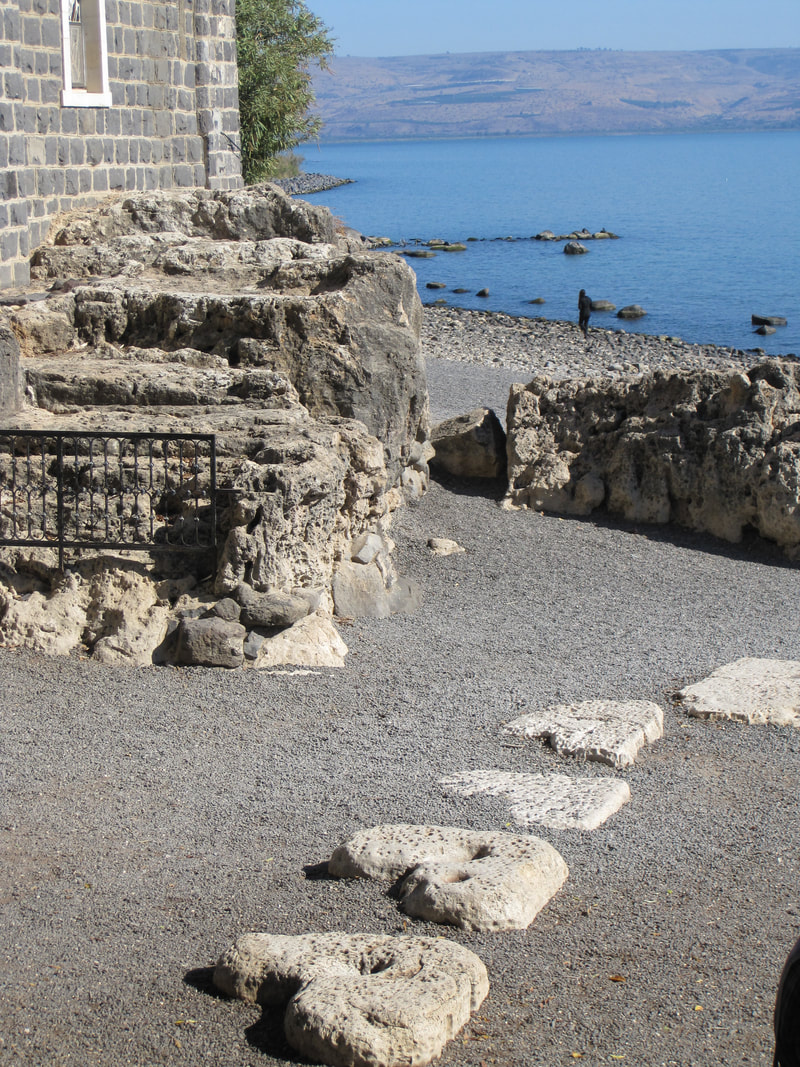
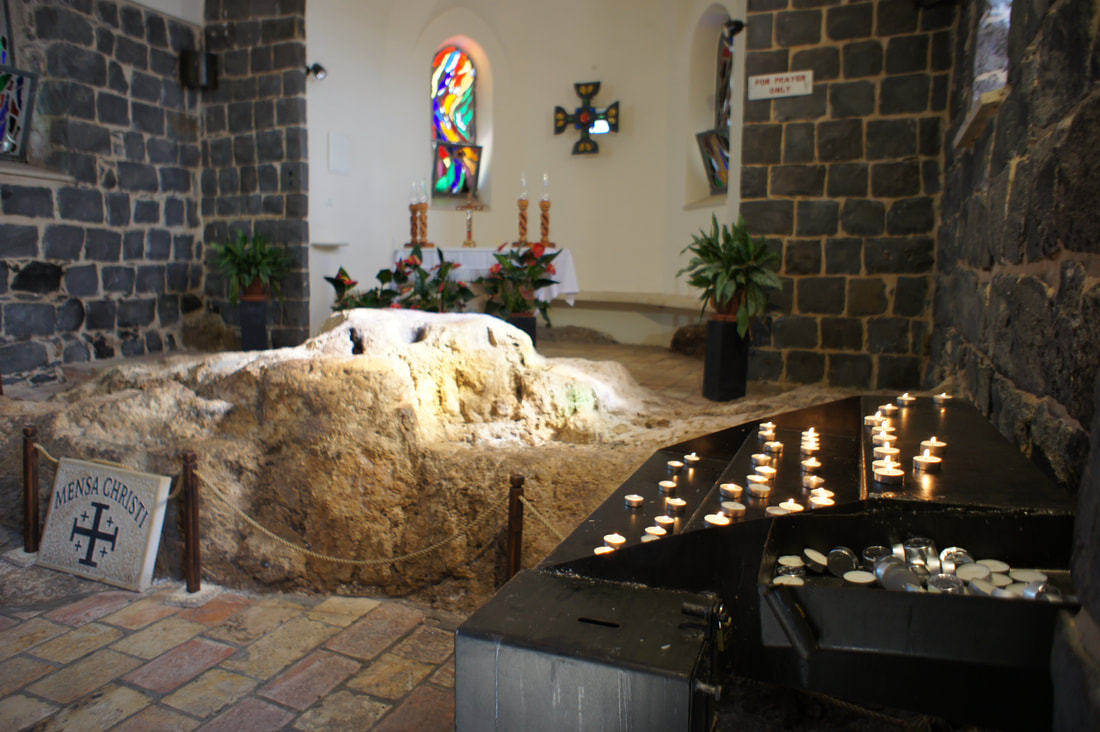
 RSS Feed
RSS Feed